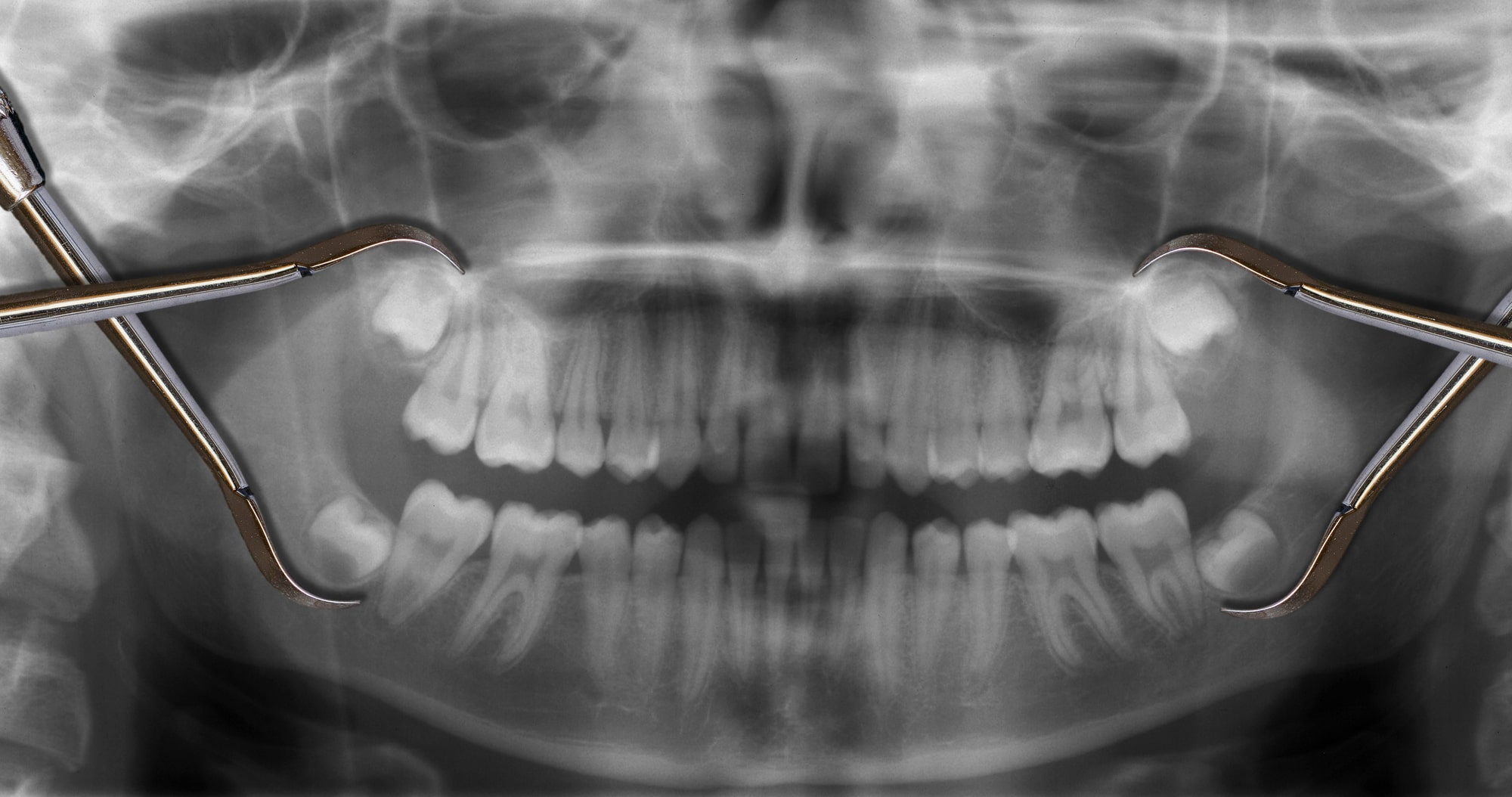
You may need wisdom teeth dental surgery if you have small jaws with no room for wisdom teeth. When the wisdom teeth are growing, they become overcrowded and cause pain and swollen gum. This condition is known as impacted wisdom teeth. Since the jaw cannot be enlarged, a dentist will recommend the removal of the wisdom teeth.
Here are some signs for impacted wisdom teeth:
• Gums swell.
• Badmouth taste.
• Foul mouth breath.
• Grinding of teeth.
• Jaw pain.
• Headache.
• A lot of saliva.
How to prepare for the wisdom teeth dental surgery
Ask your dentist any questions about dental surgery
You can ask questions like, how long will it take to fully recover? What is the cost? How many visits will you need in a month? What are the possible negative outcomes of the surgery? Ask how long will the surgery take? Asking these questions will prepare you psychologically and have an idea of what to expect.
Dental surgery needs general anesthesia
This means you need to organize someone to drive you back home. You cannot drive yourself after the surgery. Alternatively, you can plan for a taxi to pick you and drop you home. You might be given painkillers and antibiotics after the surgery, be sure to take them as prescribed.
Every wisdom teeth dental surgery is different depending on the condition
You might need dental surgery is the wisdom tooth is infected or impacted. Generally, the dentist will carry out an assessment to know the condition.
Find out what happens after the surgery
You need to be advised on what to eat because you cannot take in hard foods. You are more likely to feed on mashed potatoes, soup, pudding, ice cream, and pasta among other soft foods.
Organize your dental insurance and know the percentage that will be covered of the total cost
This will help to reduce your total cost. If you do not have, consider signing up for one.
Benefits of having wisdom teeth dental surgery
Eliminates Pain
There is unbearable pain when the wisdom teeth are trying to push its way in a small space. It will press other teeth and cause a lot of pain. This pain is not worth it because you will have sleepless nights and headaches. Once you notice the symptoms listed above, visit a dentist quickly and start treatment.
Surgery pain is manageable
After the surgery, the dentist will give you painkillers and antibiotic pills. The painkiller will control the pain and antibiotics will prevent infections. You will be able to have peaceful nights. After you heal, you will not experience pain. If the wisdom tooth was removed because of infection, you can consider a dental implant after healing.
General anesthesia
You are given anesthesia to numb your gums during the surgery. so you will not feel any pain when the wisdom tooth is being removed. Pain for removing the wisdom tooth is a lot if not given anesthesia. It is not even recommended to go through the surgery without anesthesia.
Prevents further infection
An impacted wisdom tooth can cause mouth swelling, gum diseases, and headaches. If you do not seek medication as soon as you start seeing the symptoms, you may difficulty in opening your mouth and eating. You might also not be able to brush your teeth. Once the impacted or affected wisdom teeth are removed, chances of gum diseases and tooth infection is reduced.
Disadvantages of Wisdom Teeth Dental Surgery
You have to follow a specific diet plan until you fully recover.
You will not resume your normal eating habits immediately after the surgery. The healing period takes several months.
Risk of having a dry socket if the healing does not take place completely
The hole that remains after the surgery may have blood clots that prevent it from complete healing. As a result, you may start experiencing bleeding. This is why you need to visit a dentist during the healing period to monitor if the healing is okay. If there are some complications, they can be solved early.
It is a permanent procedure
Wisdom teeth do not grow again unlike the milk teeth. The doctor can recommend alignment is the overcrowding issue can be solved. If not, wisdom teeth dental surgery becomes inevitable. Do not worry because you will resume your normal eating habits as soon as the gum heals.
